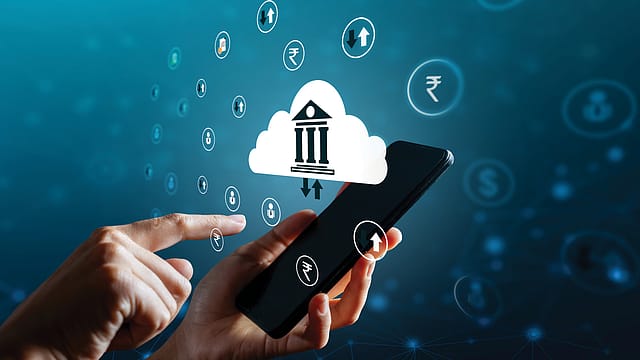DFS and RBI push for accelerated integration of Unified Lending Interface
ADVERTISEMENT

The Ministry of Finance's Department of Financial Services (DFS) convened a high-level meeting co-chaired by M. Nagaraju, Secretary, Department of Financial Services, and T. Rabi Sankar, Deputy Governor, RBI, at New Delhi, focusing on scaling up the Unified Lending Interface (ULI), a technology-based initiative to make frictionless credit available to every Indian and to further the government’s vision of digital empowerment, financial inclusion, and last-mile service delivery.
As per the DFS, ULI is envisioned as a Digital Public Infrastructure (DPI) in the lending space, designed to integrate technology, data, and policy into one seamless platform. He stated that as UPI revolutionized the payment ecosystem, the ULI is poised to transform credit delivery—making it inclusive and redefining how credit is accessed and delivered across India.
He said the rich, trusted, and high-value datasets available with central government ministries/departments and state governments, when leveraged appropriately by lenders, can power data-driven, inclusive, and faster lending, especially for underserved borrowers. He also mentioned the appropriate integration of various separate similar initiatives operating to serve specific purposes with ULI for deriving synergy to build a unified and resilient national lending ecosystem, while preserving their identity.
January 2026
Netflix, which has been in India for a decade, has successfully struck a balance between high-class premium content and pricing that attracts a range of customers. Find out how the U.S. streaming giant evolved in India, plus an exclusive interview with CEO Ted Sarandos. Also read about the Best Investments for 2026, and how rising growth and easing inflation will come in handy for finance minister Nirmala Sitharaman as she prepares Budget 2026.
RBI Deputy Governor T. Rabi Shankar said as part of its mandate to manage the credit system of the country, it wanted to bring innovation to the lending space. He urged various ministries and state governments to treat the meeting as a collaborative starting point and a two-way engagement, where all stakeholders proactively recognize the value of ULI as a transformative DPI and contribute to its effectiveness by integrating as many relevant datasets as possible to unlock its full potential. He said that ULI can surpass the transformative impact of UPI.
These talks concluded with a shared resolve to digitally integrate high-value datasets available with the central government, ministries, and states with ULI. Stakeholders have been asked to nominate nodal officers to coordinate efforts for fast-tracking the integration of government datasets with the ULI. Additionally, state governments have been asked to make dedicated efforts to digitise and connect land and other records and align other lending initiatives to build a unified credit delivery ecosystem with ULI as the anchor.
